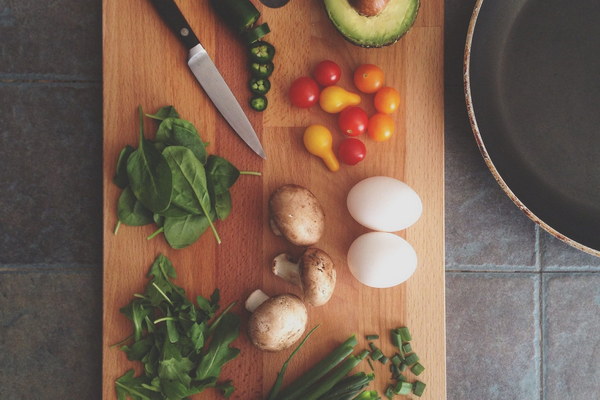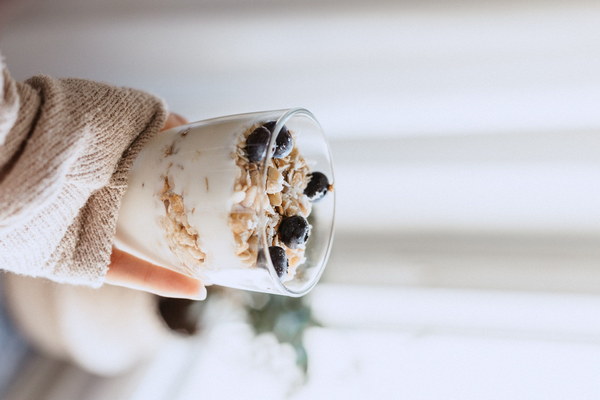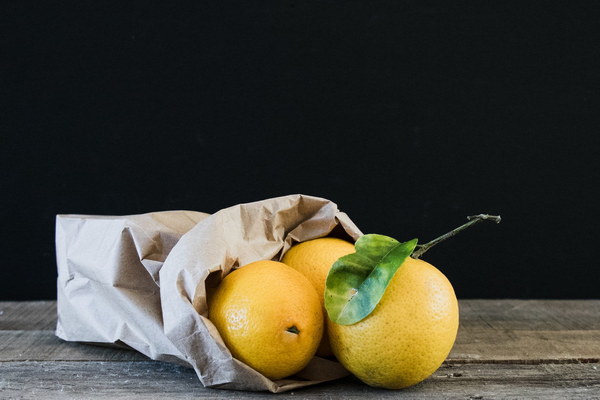Boost Your Fall Health Should Women Drink Tea to Ward Off Dampness
As the leaves turn golden and the air grows crisp, fall marks the transition from hot, humid summer to cool, damp autumn. For many women, this change in season brings with it the concern of dampness, a traditional Chinese concept referring to excess moisture in the body that can lead to a range of discomforts. The question often arises: should women drink tea to ward off dampness during the fall? Let's delve into this topic to understand how tea can be a seasonal savior.

Understanding Dampness in Women's Health
In traditional Chinese medicine (TCM), dampness is believed to be the root cause of many health issues, particularly for women. It is thought to affect the spleen and liver, leading to symptoms such as fatigue, bloating, weight gain, and even menstrual irregularities. During the fall, when the weather is cooler and more moist, dampness is more likely to accumulate in the body, making it a prime time for women to take proactive steps to counteract it.
Tea as a Natural Remedy
Tea has long been a staple in many cultures, not only for its delightful taste but also for its medicinal properties. There are several types of tea that are believed to help expel dampness and promote overall health during the fall:
1. Green Tea: Rich in antioxidants and believed to aid digestion, green tea is a great choice to combat dampness. It's also known for its ability to boost metabolism, which can help in weight management—a common concern during the colder months.
2. Chrysanthemum Tea: This flower tea is widely consumed in China and is believed to have a cooling effect on the body, which can help in reducing dampness. It's also known for its calming properties, making it an ideal tea for relaxation during the fall.
3. Peppermint Tea: A refreshing option, peppermint tea is known for its ability to improve digestion and reduce bloating. It's also believed to help clear the head and soothe the respiratory system, which can be particularly beneficial during the fall and winter months.
4. Chamomile Tea: This herb tea is renowned for its calming and soothing effects on the body. It is believed to help in reducing inflammation and can be particularly useful for those experiencing menstrual discomforts related to dampness.
How to Incorporate Tea into Your Fall Routine
To effectively incorporate tea into your fall routine to ward off dampness, consider the following tips:
- Stay Hydrated: Drink plenty of warm tea throughout the day, especially during meals, to aid digestion and prevent dampness.
- Experiment with Flavors: Don't be afraid to try different types of tea. Find what works best for your taste and health needs.
- Pair with a Balanced Diet: While tea can be a great addition to your diet, it's important to maintain a balanced diet rich in fresh fruits and vegetables to support your body's natural detoxification processes.
- Regular Exercise: Regular physical activity can help improve circulation and eliminate excess moisture from the body.
- Listen to Your Body: Pay attention to how your body responds to different types of tea. If you notice any adverse effects, it's important to consult a healthcare professional.
In conclusion, while there is no definitive scientific evidence to support the traditional Chinese concept of dampness, incorporating tea into your fall routine can offer a range of health benefits. By choosing the right types of tea and incorporating them into a balanced lifestyle, women can potentially help combat dampness and enjoy a healthier autumn season.









